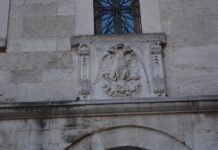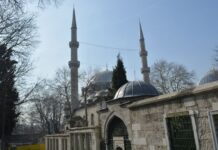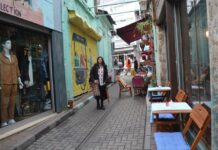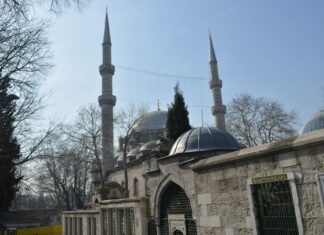That is confirmed in the modem world where the coexistence of different minorities in Bulgaria follows the old tradition of mutual respect. The Bulgarian ethnic model, which is widely respected, is based on this premise.
Language is not an ethnic defining feature. This axiom of the old and the new worlds is often forgotten by scholars who identify ethnicity on the basis of an established or presupposed language spoken by the community under investigation. This refuted ethnic linguistic approach is used in cases when it is assumed that there is no better means of differentiation between “us” and “us”.
The ancient rule states that it does not matter where one is boom but what culture one carries. The rule does not implicate the modem meaning of “culture”, which is close to “art”, if not synonymous. The Latin term, which is a translation from the Old Greek “paideia”, means that a set of specific types of moral norms drive and shape a way of thinking, which determines the active social behavior of man.
In other words, creative activity depends on thinking, as does deceptive activity. This dependence is a part of the mechanism of thought speech/speech thought, which is the most productive not just with what is directly said (in the text) but also with what is suggested (the subtext). Thus, the problem of the languages spoken by the Bulgarians during the different periods of their history, and with which they make cultural literary contacts, takes a new form.
Historical life of the Bulgarians
In the oldest linguistic period of the historical life of the Bulgarians, contacts were established not by means of abstract notions, but through the simplified use of the word, in which the latter obtains its meaning according to the position of the interlocutor, the place, circumstances and pronunciation manner. This kind of expressing does not create versatility of the verbal existence and does not reach the abstract conceptual functions of speech thought/thought speech.
The terminological instruments of the civilization of the Bulgarians are not built by Turkic Altaic speech. That possibly existent poor resource has been wiped from the languages and dialects of the Indo Iranian world. We must underline the fact that the problems of language in Antiquity and the Early Medieval Period are unavoidably associated with the ruling dynasty and with its state legal, military and clerical functions.
As the state is not “of the people” but belongs to the ruler`s house, the “people`s vernacular” does not influence the language, which forms and formulates the activity in the various domains of life and of spirituality in particular. Therefore, the established Iranian borrowings in the ancient Bulgarian language, including the titles and names of the Kans, show the process of the cultural linguistic unison in the course of the “movement of civilization” which Bulgarians realized in Euro Asia from east to west.
Read More about Second Battle with Heresy part 4








